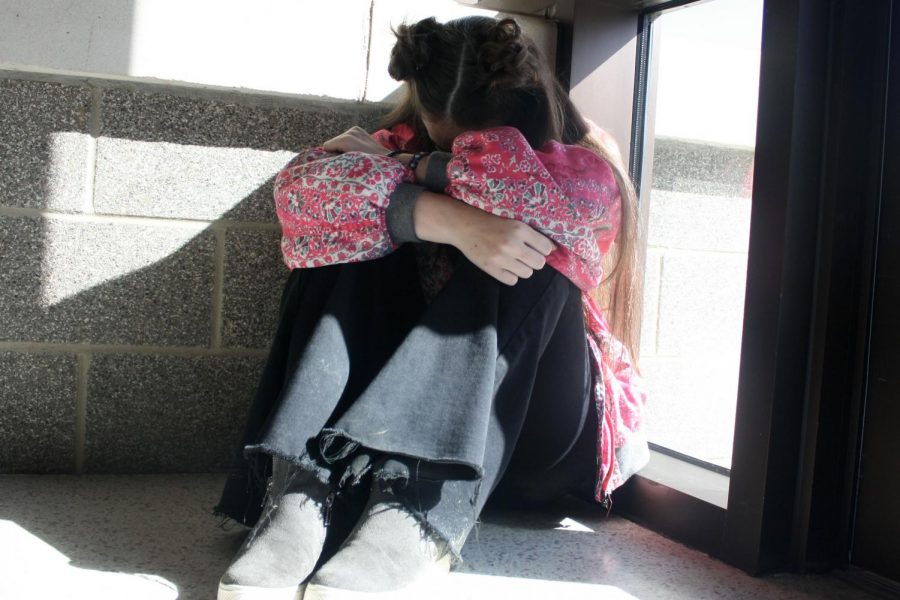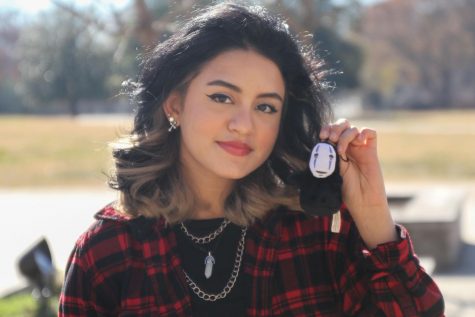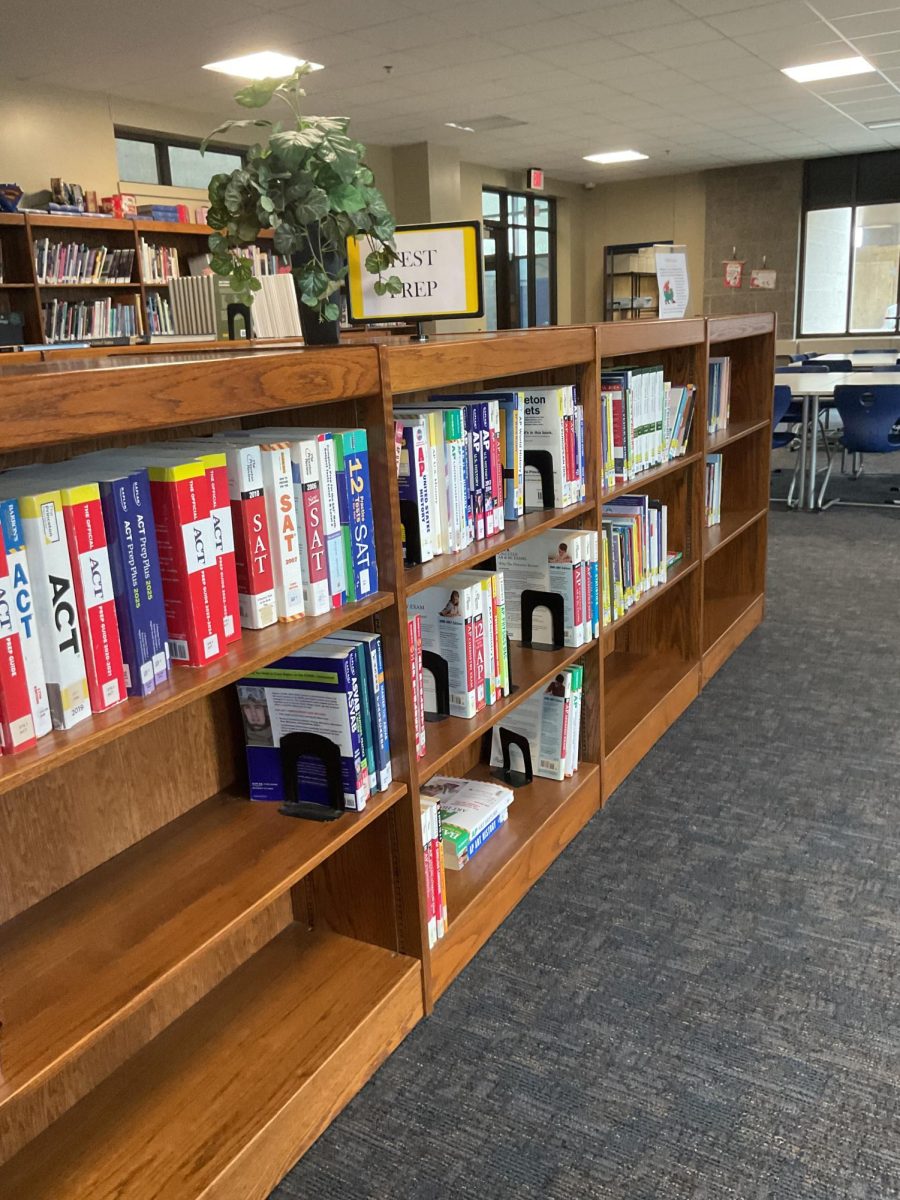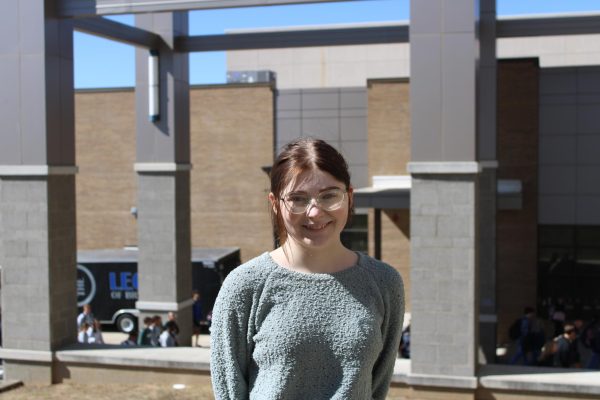How a Bruise Forms
Learning to embrace joy with a bruised heart.
April 15, 2019
I walked into his classroom with tears in my eyes. I had been crying all day, and I needed to tell someone what was happening. He looked at me, smiled, and told me to never let someone take away my joy. He also told me that hurt people tend to hurt other people and that strengthened people tend to strengthen other people. He asked me to use my strength to strengthen others. At the end of our conversation, he told me to pass on his advice to someone who needed it one day.
I walked out of that room, tears streaming down my face. I was not sad, but hearing his advice warmed me. My thoughts seemed to stop, and I realized that I was hurting. He had not said anything that harmed me. Years of words and events piled on top of each other, creating pressure that formed a bruise on my heart, and when I heard his words, my bruise began to ache.
When a bruise forms, the center of it is the part that hurts the most. Yet, when you press on the outermost parts of it, it still feels sore. As time progresses, the color begins to fade, but sometimes the soreness does not. Yet, when something else stimulates pain, you slowly forget about the other source.
Words hurt just like a bruise. There is the center of the bruise, or the words being said. Then, there is the outermost part of the bruse, the lingering thoughts that run through our heads and remind us that we are what they say we are. That pain lingers. Often, we go through life with the weight of the world on our chests. We don’t want to burden other people with our life problems: home, work,school, whatever they may be.
Until recently, I had not told anyone that I didn’t feel emotionally safe at home. My mom and I are 16 years apart, and I felt it. When I was younger, my mom and I did everything together, but when she had my eight year old brother, I feel like my mom let go of our relationship to become a mom to my little brother. That is when the bruise began to form. We were close, and we used to do everything together. She used to prioritize me and love me the way every child should be loved.
I felt important, but when our relationship faded, that feeling did too. When I reached my middle school years, my relationship with my mom reached rock bottom. Harsh words were said, feelings were pushed to the side and emotions started to build up.
I held onto the things she said. I then sat in my closet, crying and replaying those moments in my head. I knew there was a bruise there, but I also knew that things would heal with time.
My adopted father had been through so much with my family, including my struggles with mental health. He had been deployed in Iraq twice, and he has seen things people would not even want to imagine. My father and I argue, just like any girl argues with her parents, and every time we argue, it always ends up with me crying and trying to walk away. I always wake up the next morning and pretend that nothing ever happened.
The bruise on my heart grew more intense as years of internalizing all of my emotions continued. It took an incident where DHS was called because of a bruise on my arm from my father’s hand for me to realize my parents were taking my joy. I needed to vocalize my pain and the things that were happening at home.
My world was falling apart, and I needed help picking up the pieces. My mom kept me home from school for a ‘mental health day.’ When I came back to school two days later, I immediately started crying. After years of internalizing emotions, I had enough. I knew something needed to change. I talked to a teacher, a counselor and a DHS officer all in the same day. They offered support and continuously helped me through this process. They constantly made sure I was okay. Although I was scared of being taken away, being yelled at and being sent home all at once, I knew something had to give.
The phrase ‘things get worse before they get better’ has never been more true. It was rough talking about those years of pent up emotions, but as soon as the counselors realized what was happening, they helped me through the next few steps. I realized that I was not alone in this process.
We, as a society, tend to put on a mask and push emotions away. We let people take our joy. Although I am guilty of doing this, I know that things will get better as long as I am not afraid to tell someone I am in pain. For as long as it will take, my bruises will continue to heal.





